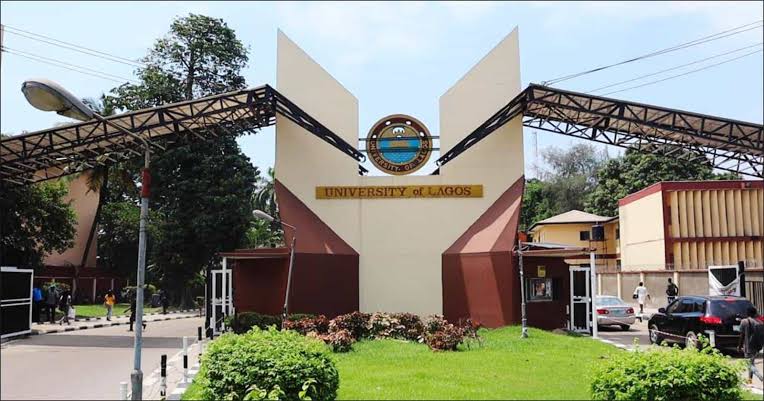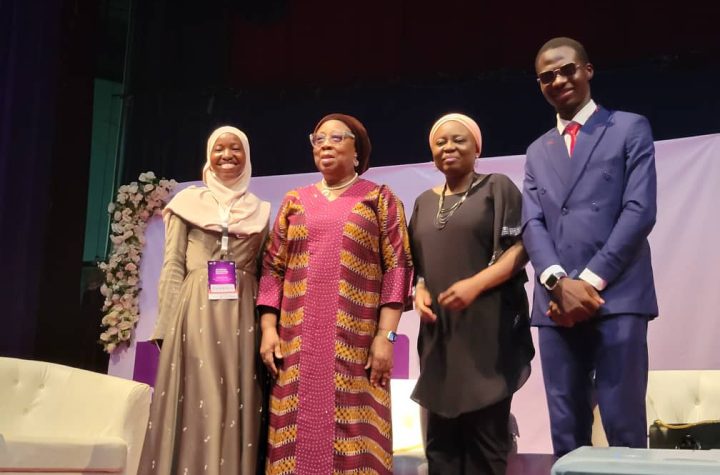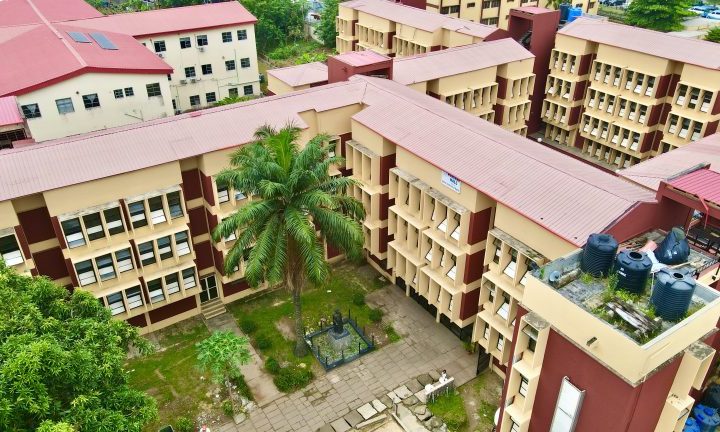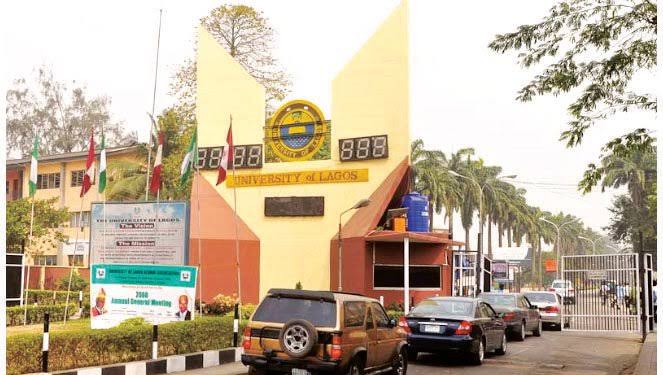
UNILAG front Gate
By: Temiloluwa Olowoyeye
Scholars from the University of Lagos (UNILAG) joined their counterparts from various parts of the globe to engage in The China Forum, hosted by the China-Africa Institute.
The intellectual gathering centered around the theme: “Achievements in Economic, Social, and Cultural Development of Xizang in the New Era”, offering a platform for insightful discourse.
In attendance were also scholars from Universities in Sierra Leone, and South Africa, and business concerns from various parts of the world.
The Vice-President of the China-Africa Research Institute, Beijing, Prof. Wang Xiaoming, who presided over the forum, highlighted that the central government, through President Xi Jinping, placed great emphasis on Tibet’s work to achieve all-round progress and historic achievements.
Prof Xiaoming mentioned that Tibet in recent times had enjoyed political and social stability, economic development, ethnic unity, religious harmony, solid border defence, and people living and working in peace and contentment.
This year’s “China Forum” was held at Linzhi because of its modernization, which is the epitome of Tibet’s modernization.
The team from UNILAG speaking at the event, made contributions on various ways poverty can be reduced.
Dr. Oluseye Ajuwon in the Economics Department observed that reducing poverty required a holistic approach that includes culture and cultural heritage “because it has a way of determining productivity… “
Also, Dr. Adetoro Banwo claimed, that the government could eradicate poverty by championing educational and infrastructural investment, innovative practices, and developing the culture Industry.
The scholars commended the Chinese poverty alleviation policies which are fully centered around the people through rural revitalization strategies with a focus on five key areas: industry development, human capital, culture, ecological environment, and local governance.





More Stories
MSSN UNILAG holds 2024 Academic Counseling Seminar
Students to Ballot for Mariere Next Week, Fee Remains 43,000
Mass Communication Students take lead at The Podium